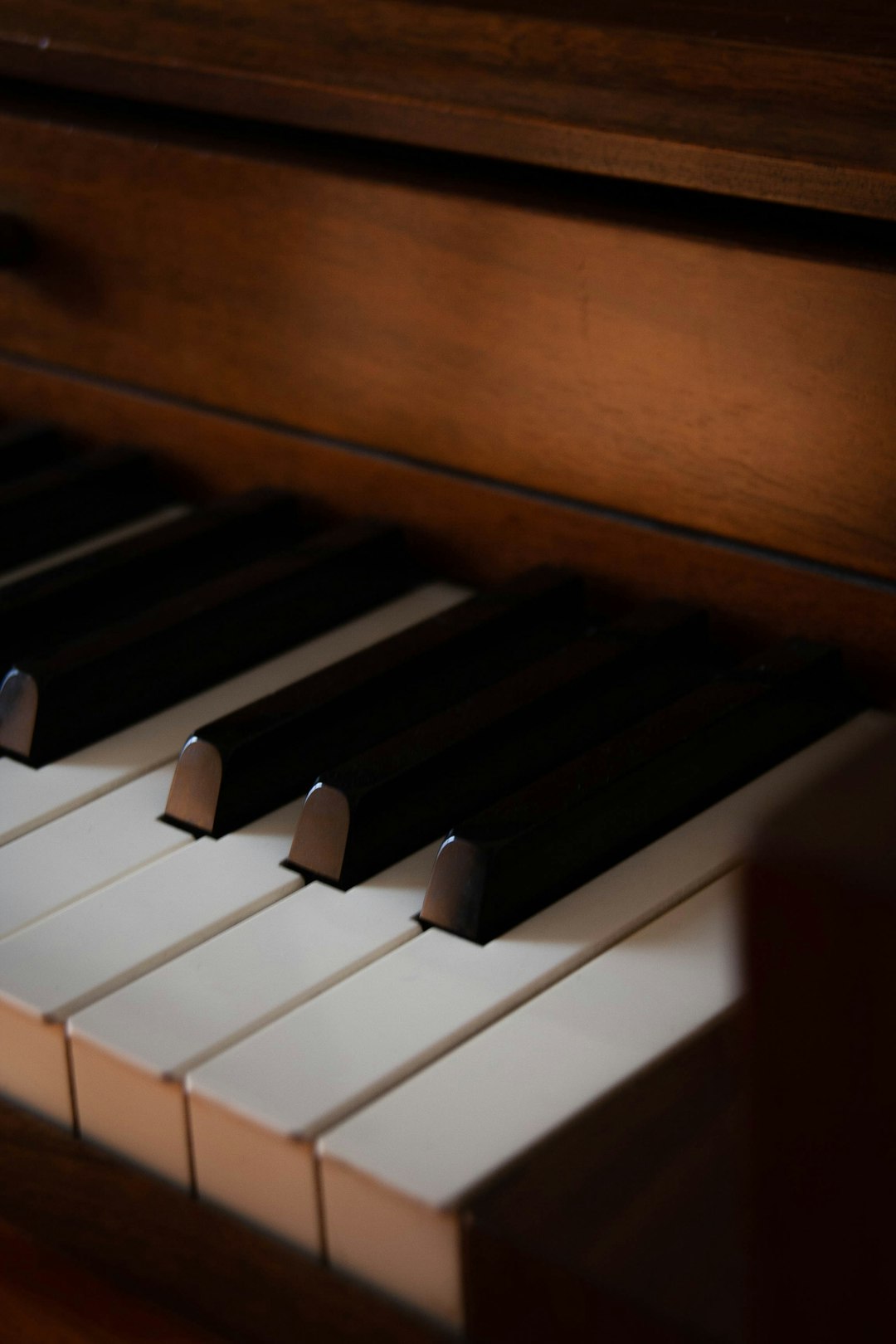Are Piano Lessons Helpful for ADHD?
ADHD is a disorder that affects both children and adults. It can make it difficult to stay focused on tasks and maintain a steady rhythm in your daily life. Some people with ADHD find that listening to music helps them concentrate better than other methods of therapy. Listening to music can also help you improve short-term memory skills, but it's important to talk with your doctor before starting piano lessons for ADHD symptoms.

Music has a long history of being used as a therapeutic technique for children who have trouble focusing.
Music has a long history of being used as a therapeutic technique for children who have trouble focusing. For example, many teachers will use music to help students learn their multiplication tables. Not only does it work, but it’s also fun!
While there is no conclusive proof that music lessons can improve concentration and attention in children with ADHD (or any other condition), many studies suggest that participating in musical activities has positive effects on mental health and emotional well-being. In fact, one study found that participants who received music lessons showed significant improvements in their ability to concentrate, focus and manage stress compared with those who did not receive the same training. Another study showed that children who participated in up to 10 weeks of intensive violin training experienced significant improvements in cognitive functions such as working memory, processing speed and selective attention over a control group without any musical training at all!

Some people find that listening to music can help them focus better on other tasks.
Music can be a distraction, but it can also help you focus on other tasks. Many people find that they are able to concentrate better while listening to music. This may be because music helps you relax and reduces your anxiety level, which can make it easier for you to focus on something else.
If you're finding it difficult to concentrate on the task at hand, try listening to music instead of focusing on what's going through your mind. Music is often described as a form of meditation because it helps calm your mind and makes it easier for you to sleep at night or focus during the day if necessary.

A person's brain may not be able to process the lyrics, music and meaning of a song at the same time.
For example, when you're listening to someone talk, you're not thinking about the lyrics in a song at the same time. Your brain can only process one thing at a time. Lyrics are often processed separately from music and meaning because they have different information processing requirements.
The brain can't process the lyrics while listening to a song because it would need to focus on two things: how words sound together and what those words mean (this is called phonological processing). In contrast, music typically involves melodic patterns that do not rely on word meaning (this is called musical pattern perception). This means that when someone with ADHD hears lyrics during a song, their brains may not be able to process both sets of information at once—they'll either focus more heavily on one or the other depending on which function demands more attention from their brain's limited resources.

Pianists have to use both hands and read music while pressing the appropriate keys.
This skill translates to other areas of life, too. It's one of the reasons why piano lessons are so helpful for children with ADHD. When you're learning to play the piano, you have to use both hands and read music while pressing the appropriate keys. This forces pianists to develop visual-spatial skills, which can be a challenge for children with ADHD who have trouble focusing on tasks or remembering where things are located in their environment. For example, when learning how to play "Mary Had a Little Lamb," kids must remember where each note is on their keyboard as well as how fast they need to press it—and all this while keeping each hand in sync with the other! This is a great exercise for building up brain connections between sides of the brain (the right side controls logic and language; left side controls emotions).

Learning to play the piano can help improve short-term memory skills and enhance visual skills.
Learning to play the piano can help improve short-term memory skills and enhance visual skills.
Short-term memory is the ability to hold onto information for a short amount of time, while your brain is processing other information. This skill is key when playing the piano and learning music theory, because it requires you to remember and process multiple things at once. Playing an instrument also helps strengthen your mental flexibility, which allows you to learn new things easily even if they don't fit into what you already know about music or math in general.
It's not just about your brain though; playing an instrument can help build muscles in other parts of your body too! You might not be aware that there are many muscles in our bodies that we don't use as often as others because they're sort of hidden away from view (like the ones in our toes). The same goes for our hands: many people only use their fingers or thumb when typing or texting on smartphones, but there are actually many more muscles involved than just those two digits alone! Learning how these different parts work together helps them become stronger overall over time--and let's face it: wouldn't it feel good knowing how strong those fingers are getting?

Piano lessons for ADHD can help with some symptoms, but you need to talk with a doctor about whether learning an instrument is right for your child
If you or your child is interested in learning to play the piano, it’s important to consider the benefits and drawbacks. There are some benefits of learning an instrument that can help people with ADHD, but there are also some drawbacks.
If you or your child are considering learning how to play an instrument, talk with a doctor first. If they think that playing an instrument is a good idea for someone with ADHD, then find the right teacher for you and make sure that your child is motivated to learn how to play well.

Learning to play the piano is a great way to help someone with ADHD, but it is not the only option. You need to talk with your doctor about whether learning an instrument is right for your child and if so which one will be most helpful. As far as playing an instrument goes, a piano may be better for this than some other instruments because it requires more hand-eye coordination skills which are needed in order to play well. Learn more about our piano lessons in Redmond.



